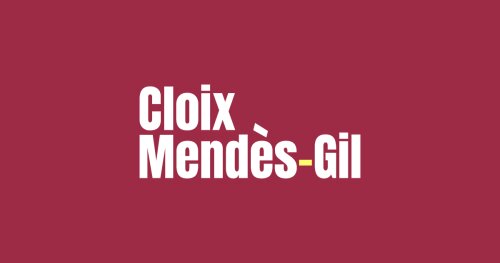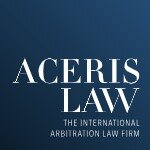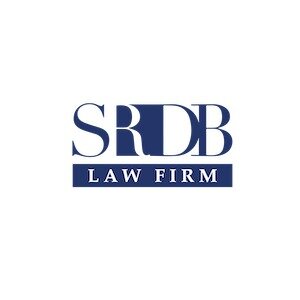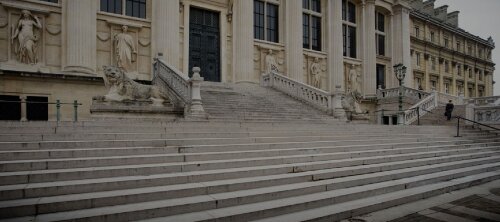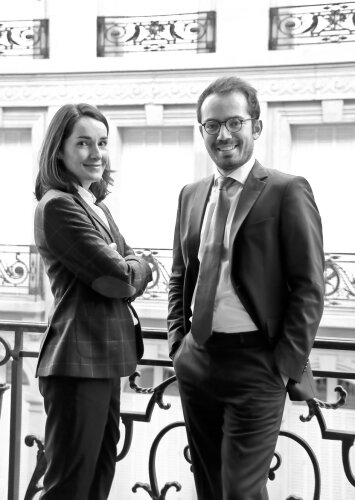Best Conveyancing Lawyers in Paris
Share your needs with us, get contacted by law firms.
Free. Takes 2 min.
Free Guide to Hiring a Real Estate Lawyer
List of the best lawyers in Paris, France
About Conveyancing Law in Paris, France
Conveyancing in Paris, France refers to the legal process involved in transferring property ownership from one individual or entity to another. This process includes preparing, reviewing, and registering documents such as the preliminary sale agreement (compromis de vente) and the final deed of sale (acte de vente). French law requires specific steps and the involvement of a qualified notaire, who acts as a public officer to officiate and register the transaction. The system in France is distinct, with regulated procedures and mandatory due diligence to ensure that all legal, financial, and administrative requirements are met during the transfer of property ownership.
Why You May Need a Lawyer
While the notaire oversees the official transfer of property in Paris, hiring a lawyer offers significant advantages, especially for international buyers, sellers, or those unfamiliar with the French legal system. Here are some common situations where legal help can be crucial:
- Reviewing and negotiating sale contracts to protect your best interests
- Assisting with complex transactions such as joint purchases, inheritance, or sales involving multiple parties
- Navigating disputes over property boundaries, title, or pre-emption rights (droit de préemption)
- Ensuring compliance with French legal requirements, such as tax obligations or urban planning regulations
- Supporting property purchases using foreign funds or involving cross-border issues
- Explaining documentation and procedures in plain language for non-French speakers
- Assisting with mortgage arrangements and co-ownership regulations (copropriété)
Local Laws Overview
Paris adheres to national French property law, with certain local implementation practices. Key aspects include:
- Mandatory Involvement of a Notaire: Every property transaction must be officiated and registered by a notaire, a public officer ensuring the legality and integrity of the sale.
- Preliminary Sale Agreement: Known as the compromis de vente, this is the initial legally binding contract between buyer and seller, detailing the conditions of sale and any suspensive conditions.
- Cooling-Off Period: Buyers have a 10-day reflection period after signing the preliminary agreement to withdraw without penalty.
- Title and Planning Checks: French law requires thorough checks on property title, outstanding mortgages, co-ownership regulations, land use, and planning status before finalization.
- Transfer Taxes and Fees: These must be paid upon completion, typically amounting to around 7-8 percent of the sale price, including notaire fees and registration taxes.
- Co-Ownership Rules: Where applicable, properties in Paris may be subject to copropriété regulations, which govern rights and responsibilities of co-owners.
- Urban Pre-emption Rights: Local authorities may have the right to purchase certain properties before private buyers (droit de préemption urbain), especially in zones of urban renewal or development.
Frequently Asked Questions
What is a notaire and how is their role different from a lawyer?
A notaire is a state-appointed legal officer who authenticates and registers property transactions, ensuring compliance with French law. A lawyer represents your interests specifically, offers independent legal advice, and can assist with negotiation, inspection, and dispute resolution.
Is hiring a lawyer mandatory for conveyancing in Paris?
While not mandatory, it is highly recommended, especially for those unfamiliar with French law or involved in complex transactions.
What documents are required to sell or buy property in Paris?
Key documents include proof of identity, title deed, diagnostics reports (such as energy, lead, asbestos), and information on co-ownership (if applicable).
How long does the conveyancing process usually take?
Typically, it takes around two to three months from signing the preliminary sale agreement to finalizing the deed of sale.
Can foreigners buy property in Paris?
Yes, there are no restrictions on foreign ownership, but additional steps may apply with regard to anti-money laundering checks and providing necessary documentation.
What taxes and fees must be paid during property transfer?
Main costs include registration tax, notaire fees, and, where applicable, value-added tax (TVA). Buyers should budget around 7-8 percent of the purchase price.
What rights do buyers have during the cooling-off period?
Buyers can withdraw from the transaction without penalty during the 10-day cooling-off period after signing the preliminary agreement.
What is a copropriété and how does it affect the transaction?
A copropriété is a co-ownership structure commonly applied to apartment buildings, governed by specific rules and fees. Buyers receive a summary of co-ownership regulations and accounts before purchase.
What if there is a dispute between parties before completion?
A lawyer can help mediate or resolve disputes over contract terms, property defects, or payment issues prior to completion.
How is the ownership registered in France?
After the sale, the notaire registers the new ownership with the French Land Registry (Service de la Publicité Foncière) and ensures all taxes and legal obligations have been met.
Additional Resources
If you need further information or official guidance, consider consulting the following:
- Notaires de France - National organization providing details on property transactions and notaire contacts
- Chambre des Notaires de Paris - Regional body offering guides and professional registries for notaires in Paris
- Service Public - French government portal with updated information on property law and procedures
- Local law firms with real estate and conveyancing specialists familiar with current Parisian regulations
- Immobilier France - Public portals and information sites devoted to real estate in France
Next Steps
If you are planning to buy or sell property in Paris, France, here is how you should proceed:
- Consult a notaire early in the process to check legal requirements and fees
- Engage a lawyer to ensure your interests are protected, especially if you are an international client, or if the transaction is complex
- Organize your documentation, making sure all necessary diagnostics and certificates are up to date
- Understand local requirements particularly if the property is subject to co-ownership or urban development plans
- Ask detailed questions at each stage, from preliminary agreement through to completion, to clarify your rights and obligations
- Stay in contact with your legal advisor and notaire through the process to handle any issues promptly
Lawzana helps you find the best lawyers and law firms in Paris through a curated and pre-screened list of qualified legal professionals. Our platform offers rankings and detailed profiles of attorneys and law firms, allowing you to compare based on practice areas, including Conveyancing, experience, and client feedback.
Each profile includes a description of the firm's areas of practice, client reviews, team members and partners, year of establishment, spoken languages, office locations, contact information, social media presence, and any published articles or resources. Most firms on our platform speak English and are experienced in both local and international legal matters.
Get a quote from top-rated law firms in Paris, France — quickly, securely, and without unnecessary hassle.
Disclaimer:
The information provided on this page is for general informational purposes only and does not constitute legal advice. While we strive to ensure the accuracy and relevance of the content, legal information may change over time, and interpretations of the law can vary. You should always consult with a qualified legal professional for advice specific to your situation.
We disclaim all liability for actions taken or not taken based on the content of this page. If you believe any information is incorrect or outdated, please contact us, and we will review and update it where appropriate.





